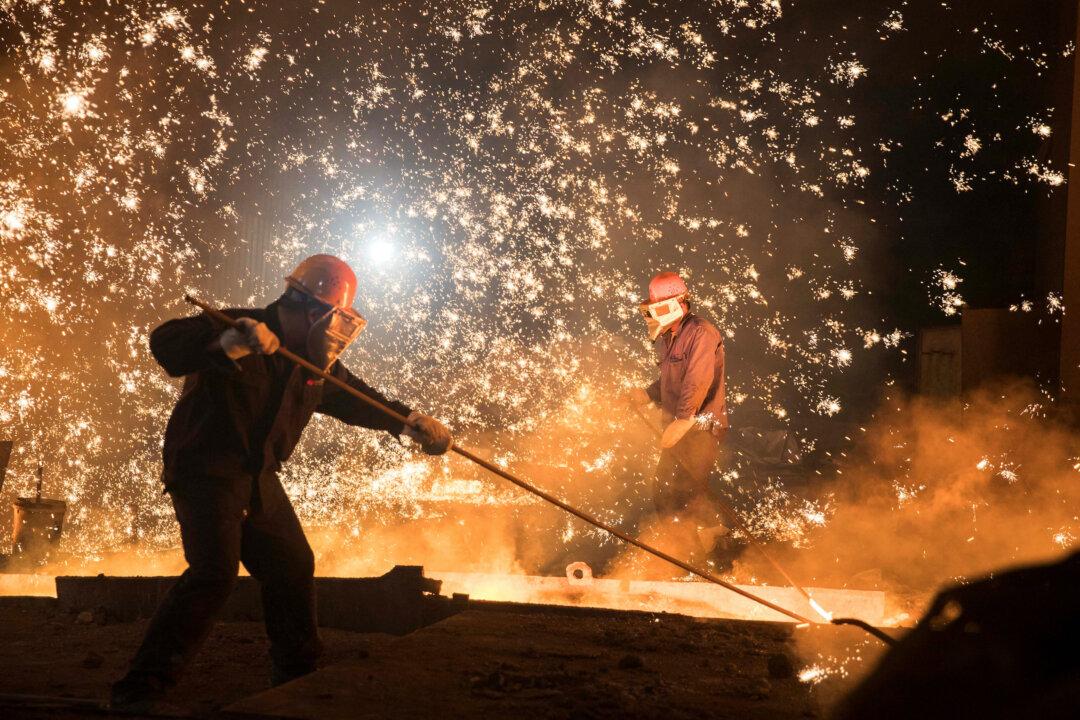In a bid to gain control over iron ore prices, Beijing has created a new state-owned mineral giant that will be responsible for exploration and mass bulk buying of the commodity.
The move will be aimed at giving China greater bargaining power over major iron ore producers like Australia’s BHP and Rio Tinto, who will be forced to negotiate with the new entity to access the vast Chinese market.





